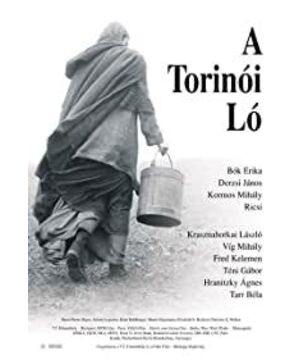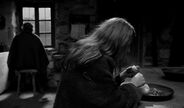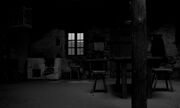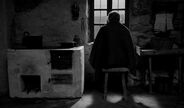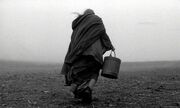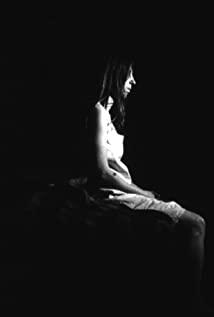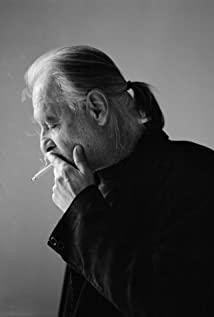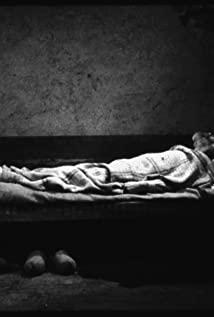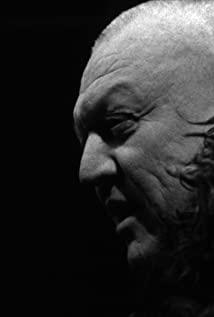Despair, endless despair. Personally, I prefer to compare a movie to a fable, especially in such a movie that doesn't have a particularly dramatic plot, and it is simply divided into six days and everyone can see that it is a metaphor for the seven days of Jesus. After five or six working days, we went to perdition.
Repetition is the keynote of this film. There are a lot of long shots in the film to show the life segments such as dressing, undressing, eating potatoes, etc. I can see a certain order in it, just like the life of ordinary people, it seems like a running account. , Every day of life moves forward in such a repetitive order. But one day something changed. The horse went on strike, went on a hunger strike, and then we had to stay in the house because the outside world was too bad, and we couldn't change the chaos of the outside environment. Eventually the wells dry up and food is gone. The seventh day is the time of perdition. Of course we had our reflections, we had packed our bags and crossed the hills and walked outside, but we came back.
So what does that horse mean. The story of Nietzsche and the horse is the beginning of the film, no matter from which angle I think it should come back to this story. The groom beats the horse, Nietzsche hugs the horse frantically, and in the movie the horse goes on strike and goes on a hunger strike. To make a simple and common analogy: I smoke, I keep smoking, it's like whipping a horse, I regret it when I get old, I want to quit smoking, so I desperately want to quit smoking, but in the end, my lungs still work, so I go to death . This is an easy way to understand the expression of the film, and to understand most of the metaphors in the film. For example, the arrival of the gypsies, a symbol of freedom and debauchery, but I rejected them and drove them away mercilessly, although the soft part of my heart was a little shaken. I also got a book because of it, that's knowledge, that's the Bible, but I can only read it in a bad way. People who came to buy wine said a lot, but it was all bullshit in my opinion.
My personal favorite scene in the film is of them sitting by the window. In addition to undressing, sleeping, dressing, eating, chopping firewood and washing clothes, their daily life is to sit in front of the window and look into the distance. In Beratar's film of metaphorical despair, it is the only one with a romantic, still image, like a painting, but with infinite space for illusion. Just like our life, in addition to eating, working and sleeping, we can do a lot of romantic things. Through the small window, we can ignore the wind outside the window, we can enjoy, we can spend time, and we can imagine endlessly. Of course, in the end we came back, expecting the horses to eat and drink a little more.
The order collapses at a certain moment, the order will always collapse, it may be the strike of the horse, it may be the strike of the lungs, the human heart is impacted, and the life is broken. And loneliness, minimal communication, full of loneliness. So is society, maybe God can save it, but he can also be a dictator, savoring what wine buyers say. The world is going to be destroyed, we will regret it, one day we will cry and hug a horse, but the decision has already been decided, we can't change anything.
View more about The Turin Horse reviews


